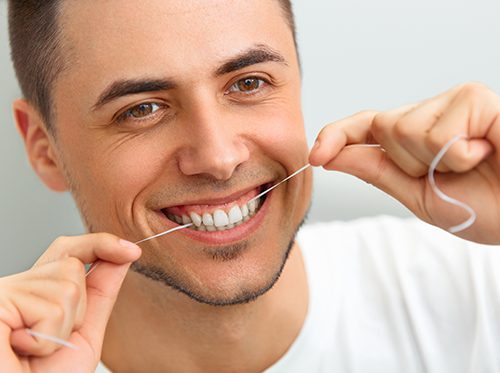Five Things You Should Never Do With Your Toothbrush
January 25th, 2024

When’s the last time you gave your toothbrush any serious thought? Sure, you use it every day (and ideally twice), and you know that with a dollop of toothpaste it waxes up your pearly whites nicely, not to mention preventing bacteria, plaque, and inflammation.
But what are the things you should never do with your toothbrush? Here’s a brush-up on five toothbrush no-nos, from Cardinale Dentistry.
1. If you have your toothbrush too close to the toilet, you’re brushing your teeth with what’s in your toilet. In other words, keep your toothbrush stored as far from the toilet as possible.
2. The average toothbrush harbors ten million microbes. Many families keep their toothbrushes jammed together in a cup holder on the bathroom sink, but this can lead to cross-contamination. Family members’ toothbrushes should be kept an inch apart. Don’t worry; they won’t take it personally.
3. Don’t delay replacing your toothbrush. It’s best to purchase a new one every three to four months, but by all means get one sooner if the bristles are broken down because of your frequent and vigorous brushing. If you have a cold or the flu, replace your toothbrush after you recover.
4. Store your toothbrush out of the reach of toddlers. The last thing you want is for your toothbrush to be chewed like a pacifier, dipped in toilet water, or used to probe the dusty heating ducts.
5. Sharing is caring, right? Your parents probably taught you the importance of sharing back when you were, well, dipping their improperly stored toothbrushes in toilet water. But here’s the thing: As important as sharing is, there are some things you just don’t share, and your toothbrush is one of them.




